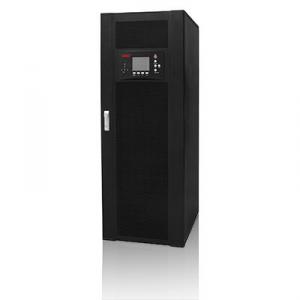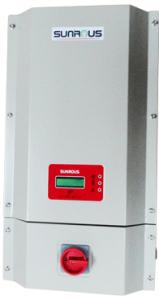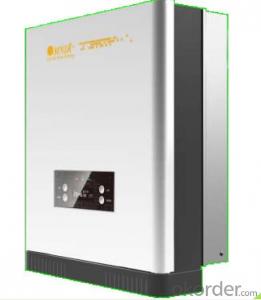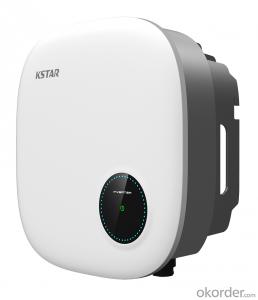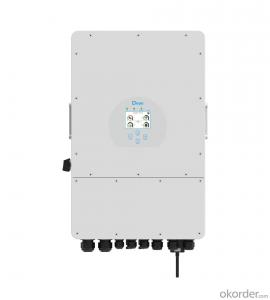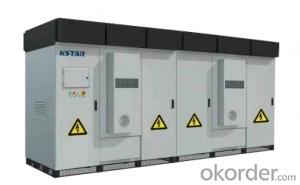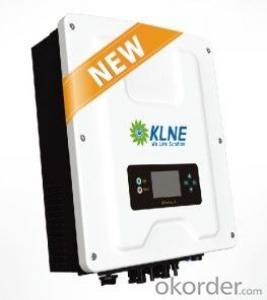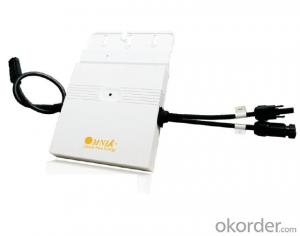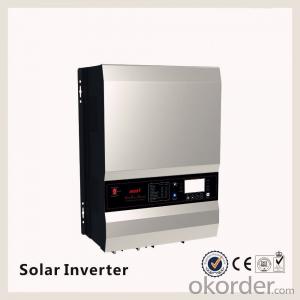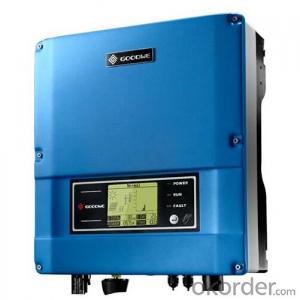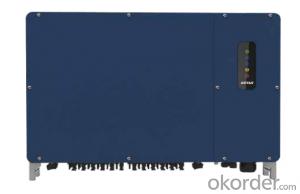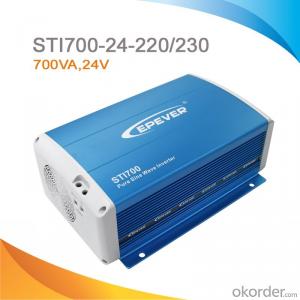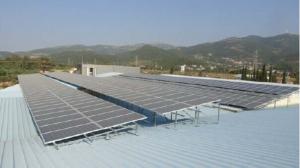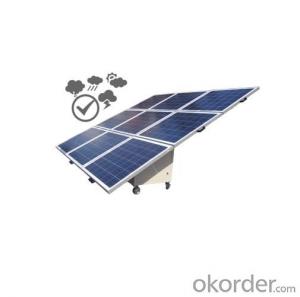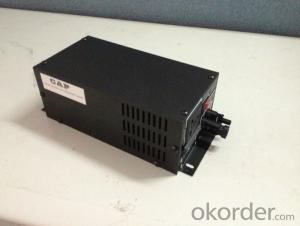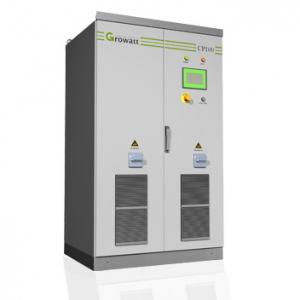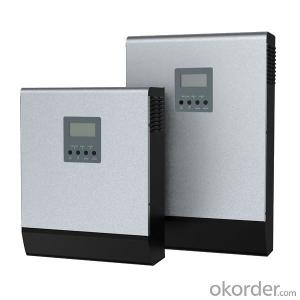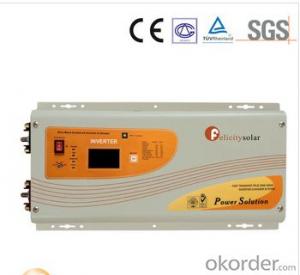All Categories
- - Steel Wire Rod
- - Steel Coils
- - Steel Profiles
- - Steel Pipes
- - Stainless Steel
- - Tinplate
- - Special Steel
- - Steel Sheets
- - Steel Rebars
- - Steel Strips
- - Hot Rolled Steel
- - Cold Rolled Steel
- - Pre-painted Steel
- - Seamless Steel Pipe
- - Welded Steel Pipe
- - Hollow Steel Tubes
- - Galvanized Pipe
- - Stainless Steel Coil
- - Stainless Steel Sheet
- - Stainless Steel Plate
- - Stainless Steel Strips
- - Electrolytic Tinplate Coil
- - Electrolytic Tinplate Sheet
- - Stainless Steel Rebars
- - Solar Panels
- - Solar Water Heater
- - Solar Related Products
- - Solar Inverter
- - Solar Cells
- - Solar Light
- - Solar Energy Systems
- - Solar Controllers
- - Solar Mounting System
- - Solar Pump
- - Solar Chargers
- - Fiberglass Chopped Strand
- - Fiberglass Mesh Cloth
- - Composite Pipes
- - FRP Pultrusion Profiles
- - Fiberglass Mat Tissue
- - Fiberglass Fabrics
- - Fiberglass Mesh
- - Composite Tank
- - Fiberglass Mesh tape
- - Polymer
- - FRP Roofing Panel
- - Fiberglass Roving
- - Monolithic Refractories
- - Ceramic Fiber Products
- - Refractory Bricks
- - Raw Materials For Refractory
- - Suspended Platform
- - Cranes
- - Concrete Machinery
- - Earthmoving Machinery
- - Building Hoist
- - Road Building Machinery
- - Plastic Pipe Fittings
- - Plastic Tubes
- - Plastic Sheets
- - Agricultural Plastic Products
- - Plastic Nets
 All Categories
All Categories
Q & A
What is the impact of module mismatch on the reliability of a solar inverter?
Module mismatch refers to the scenario when solar modules within a photovoltaic (PV) system have different electrical characteristics, such as varying power outputs or voltages. This mismatch can have a significant impact on the reliability of a solar inverter.
When modules are mismatched, the inverter may struggle to optimize power conversion and operate at its peak efficiency. This reduced efficiency can lead to lower energy production and potentially increase the strain on the inverter, potentially shortening its lifespan. Additionally, module mismatch can cause voltage fluctuations and imbalances within the system, which can result in overvoltage or overcurrent issues for the inverter, leading to potential damage or failure.
To mitigate the impact of module mismatch, proper system design and installation practices should be employed. This includes careful matching of modules with similar electrical characteristics, such as power ratings and voltage outputs, to ensure compatibility and optimal performance. Regular monitoring and maintenance of the PV system is also crucial to identify and address any module mismatch issues promptly, ensuring the reliability and longevity of the solar inverter.
How often should a solar inverter be serviced?
A solar inverter should be serviced annually to ensure optimal performance and longevity. However, additional servicing may be required if any issues or abnormalities are noticed.
Can a solar inverter be used in a solar-powered greenhouse?
Yes, a solar inverter can be used in a solar-powered greenhouse. A solar inverter is an essential component of a solar power system as it converts the direct current (DC) electricity generated by solar panels into alternating current (AC) electricity that can be used to power various devices and appliances. In a solar-powered greenhouse, the solar inverter can be used to convert the DC electricity produced by solar panels into AC electricity to power lighting systems, ventilation fans, irrigation systems, and other electrical equipment.
Can a solar inverter be used with solar panels in a vertical orientation?
Yes, a solar inverter can be used with solar panels in a vertical orientation. While it is more common to install solar panels in a tilted or horizontal position to maximize sunlight exposure, vertical installation is also possible. However, it is important to note that vertical panels may produce less energy compared to their tilted or horizontal counterparts due to reduced sunlight capture. The solar inverter will still function, but the overall energy generation may be lower.
Wholesale Solar Inverter from supplier in Fiji
We are a Solar Inverter supplier serving the Fiji, mainly engaged in the sale, quotation, and technical support services of various Solar Inverter products in the Fiji region. We are a subsidiary platform of the Fortune Global 500 company CNBM, able to provide you with one-stop Solar Inverter procurement services in the Fiji. Not only do we have a wide range of Solar Inverter products, but after years of market development in the Fiji, we can also provide valuable experience for your projects.
